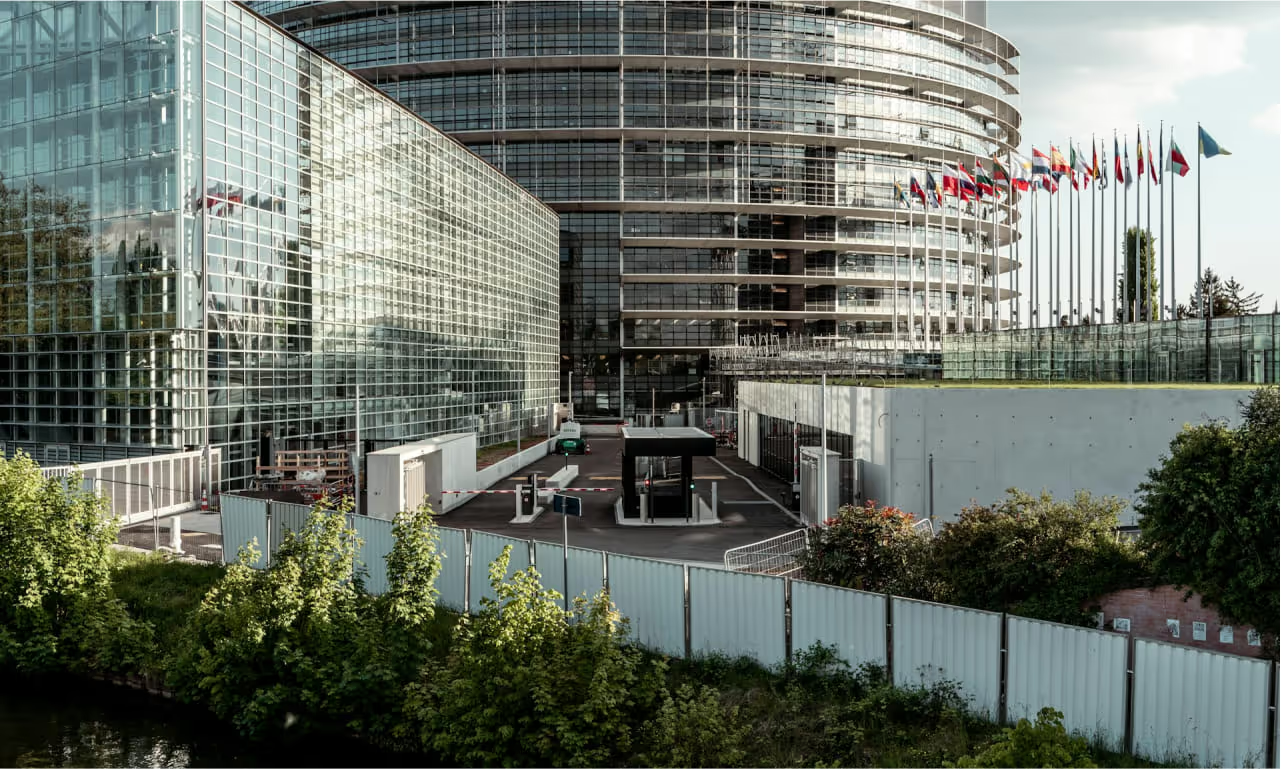On 15 December 2021, the European Commission published a legislative Gas Package, which includes:
- Directive on common rules for the internal markets in renewable gases, natural gas and hydrogen
- Regulation on Internal Markets in Renewable Gases, Natural Gas and Hydrogen.
The Gas Package aims to support both the demand and supply side of the gas markets by redirecting them towards the decarbonisation of the consumption of gaseous energy products and promoting the development of dedicated infrastructure. However, in the published version it did not include some relevant issues, such as methods for assessing the reduction of greenhouse gas emissions from low-carbon fuels.
Business & Science Poland (BSP)
BSP actively participated in the consultation and legislative process on the Gas Package. This organization has taken a number of initiatives to clarify and improve the proposed regulations.
The main postulates of the BSP:
- Methodology for Assessing Greenhouse Gas Emissions:
- In April 2022, the BSP issued a position highlighting the need to refine the methodology for assessing the reduction of greenhouse gas emissions from low-carbon fuels.
- Low Emission Hydrogen Certification System:
- The BSP pointed to the need to establish guidelines for a low-carbon hydrogen certification scheme, which is necessary to promote its production and use.
- Support for the Production and Distribution of Biomethane:
- Incentives for pushing biomethane into the gas grid and a system to support the production of hydrogen, including low-carbon hydrogen, were proposed.
- 100 Percent Discount on Transmission and Distribution Tariffs:
- BSP supported the introduction of a 100 percent discount on transmission and distribution tariffs for underground gas storage and LNG installations.
Legislative Process
In the course of the legislative process, the European Parliament incorporated the Commission's gas proposals, published under Article 122 of the Treaty, which were to be discussed further in the interinstitutional negotiations. The European Parliament's Committee on Industry, Research and Energy (ITRE) adopted the package in February 2023. The European Council agreed its negotiating positions at the end of March 2023, introducing, among other things, an extension of the transition period for the implementation of the rules on renewable hydrogen production until 2035.
Key Elements of the Gas Package
- Regulation of the Hydrogen and Decarbonised Gas Markets:
- The aim is to create a regulatory framework for dedicated hydrogen infrastructure and integrated network planning in a cross-border context. These regulations support decarbonisation in energy-intensive industries, transport and district heating systems.
- Support for Low Emission and Renewable Gas:
- The Gas Package supports increasing the role of low-carbon and renewable gases in the energy system, particularly in high-carbon regions, and prioritizes the use of hydrogen in sectors where it is difficult to reduce emissions.
- RFNBO Certification System:
- As part of the RED III regulation and delegated acts defining RFNBOs (Renewable Fuels of Non-Biological Origin), this package is a key document for the development of the renewable hydrogen market.
The Future of the Gas Package
Work on the Gas Package will continue, taking into account the positions of the European Parliament and the European Council. The BSP will continue to engage in these processes, particularly in the context of the financing of hydrogen investments under the European Hydrogen Bank and the EU taxonomy.
Summary
The Gas Package aims to transform the market for renewable and low-carbon gases, supporting decarbonisation and the development of appropriate infrastructure. Thanks to the active involvement of the BSP, a number of key demands have been taken into account to ensure the effective implementation of the EU's climate objectives and to support producers and users of low-carbon fuels. Continued work on the Gas Package will be crucial for the future of EU energy and climate policy.

